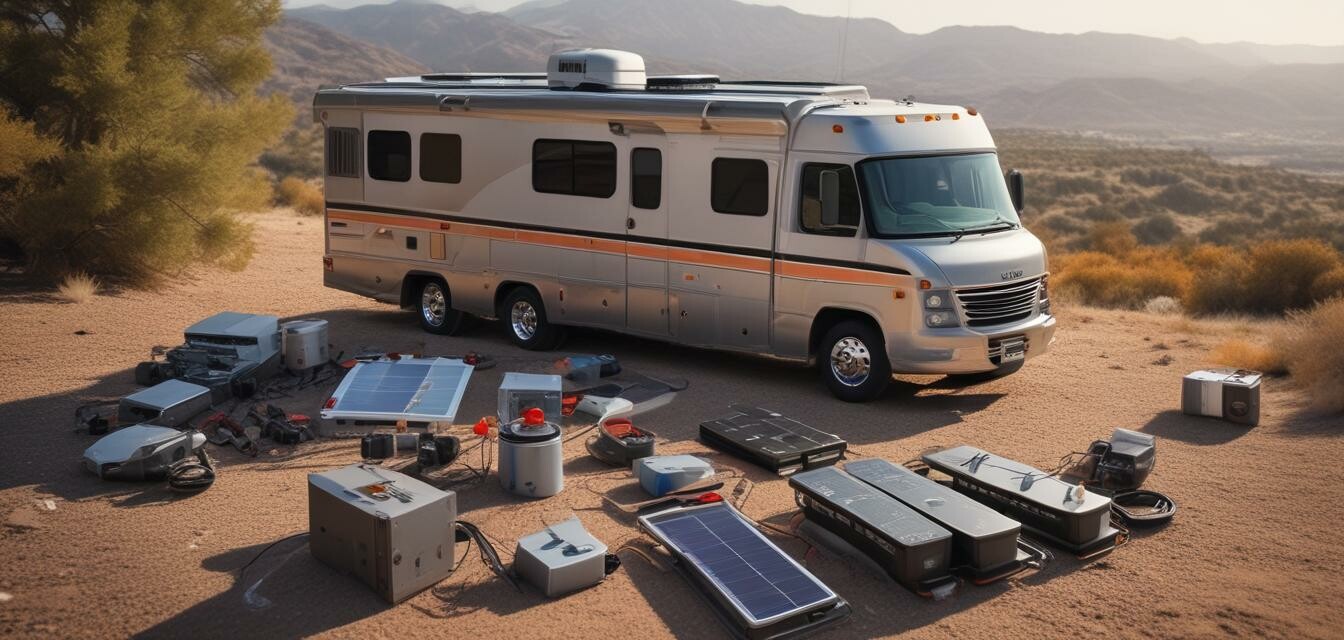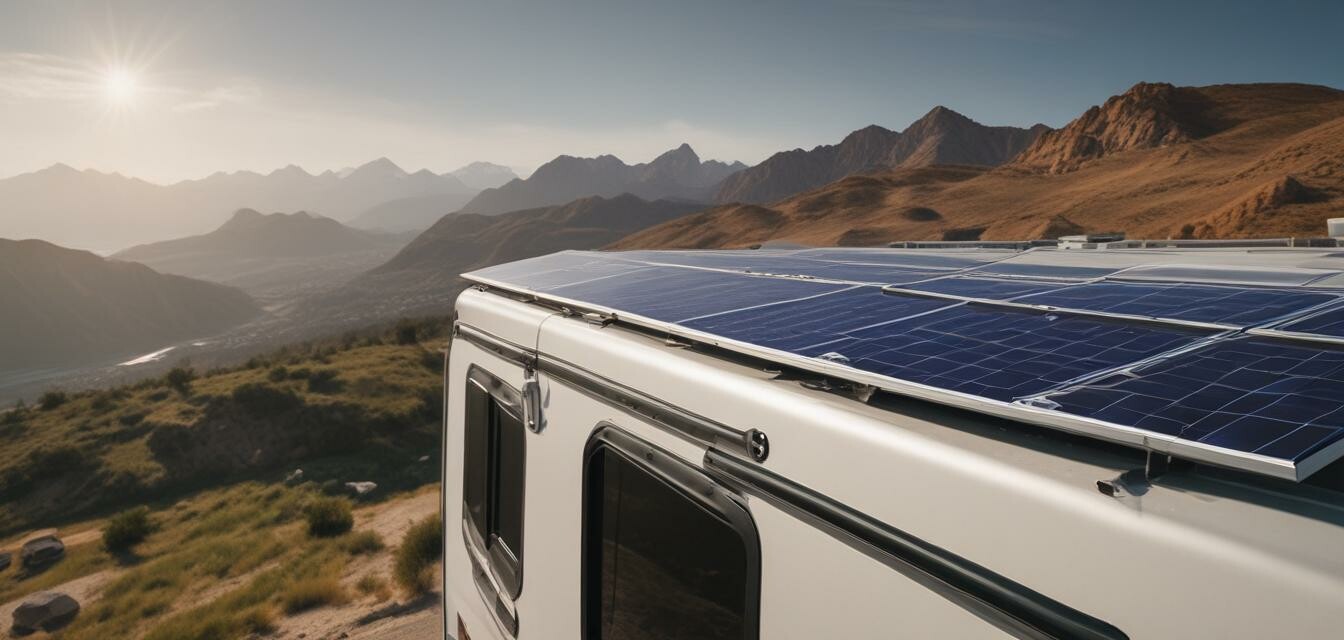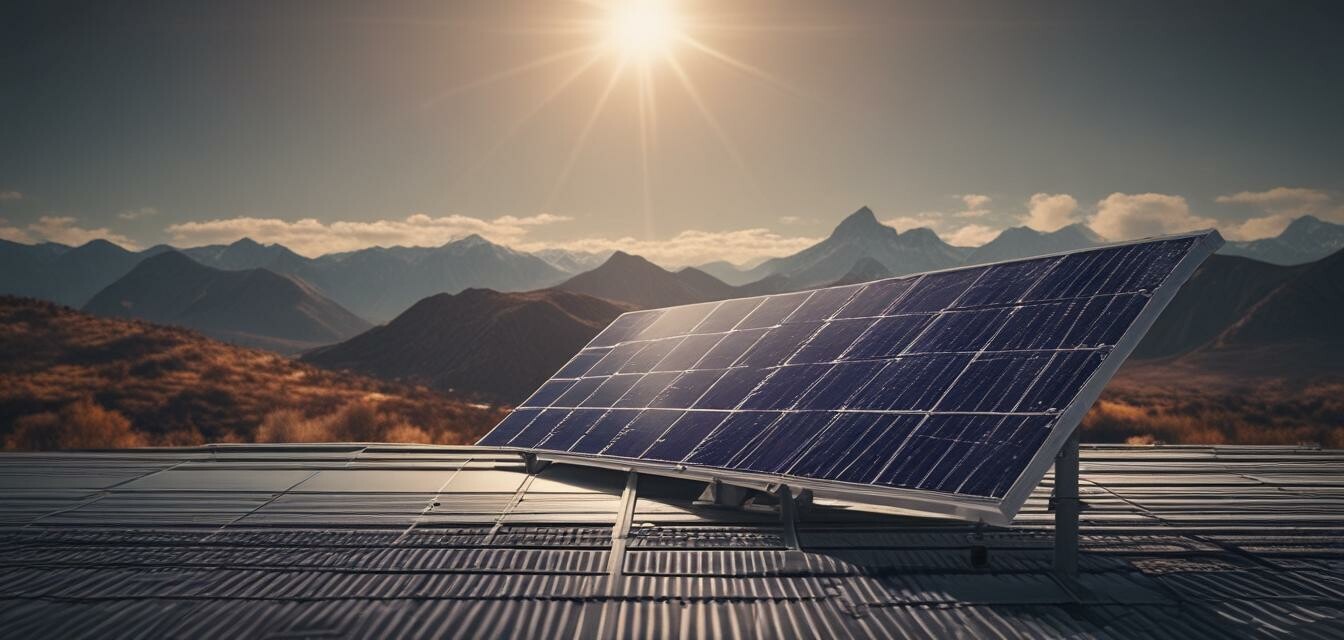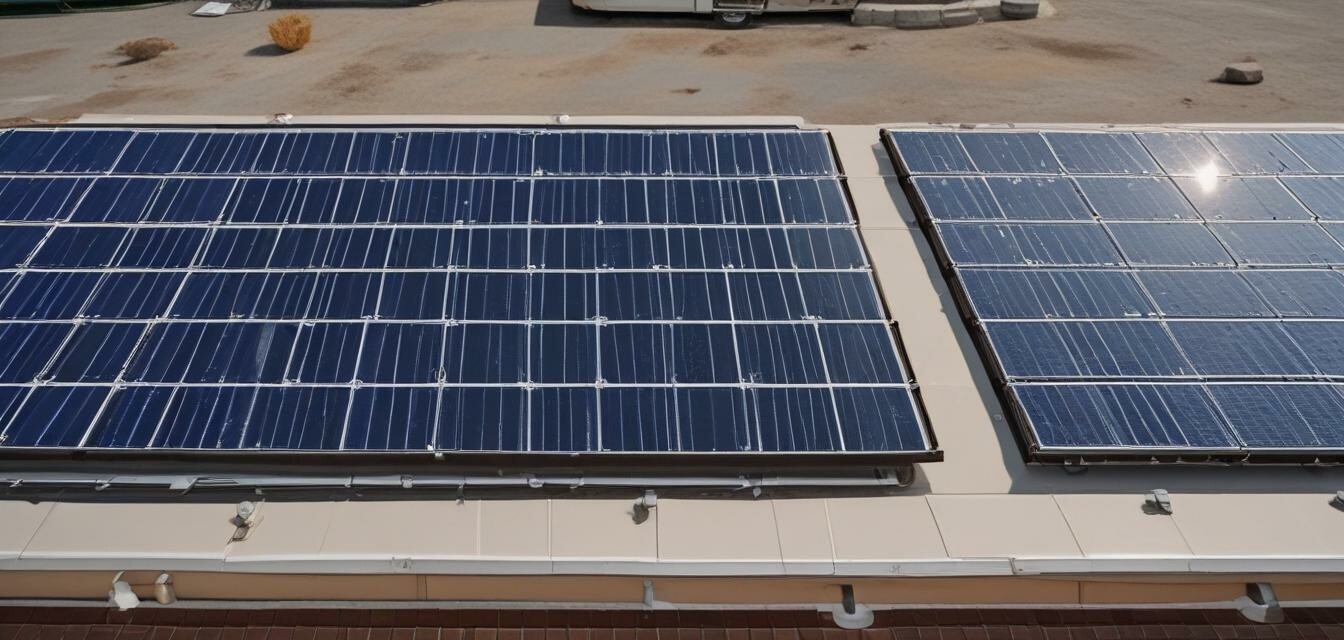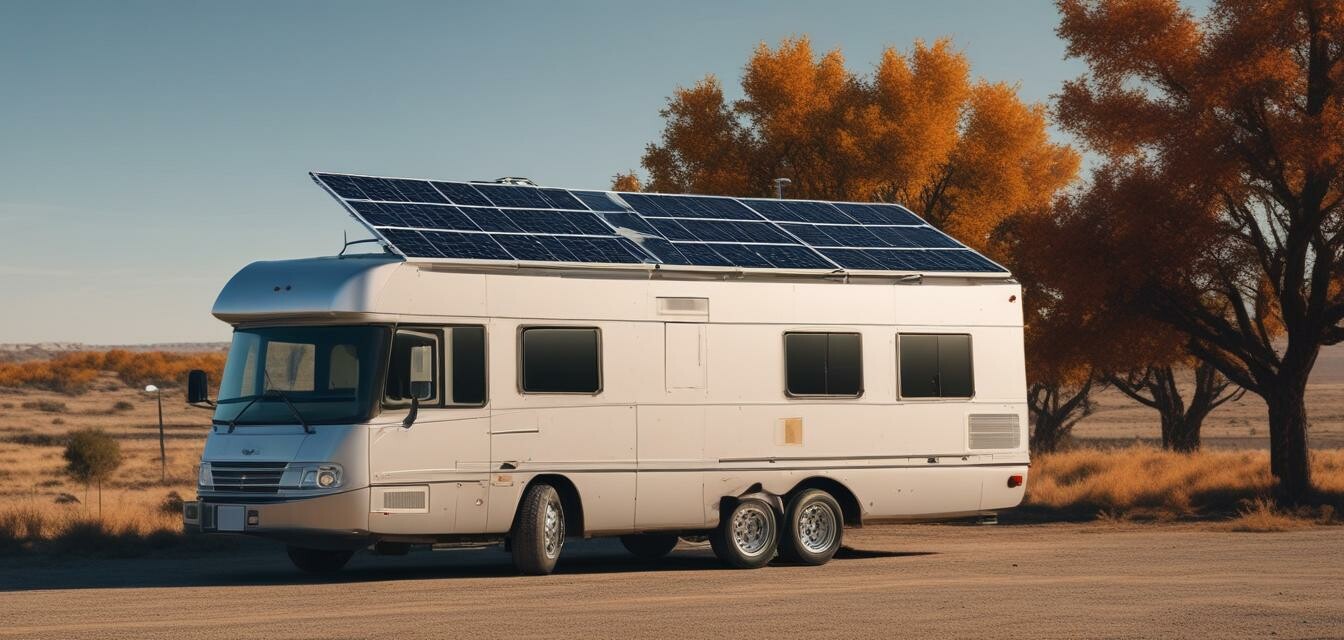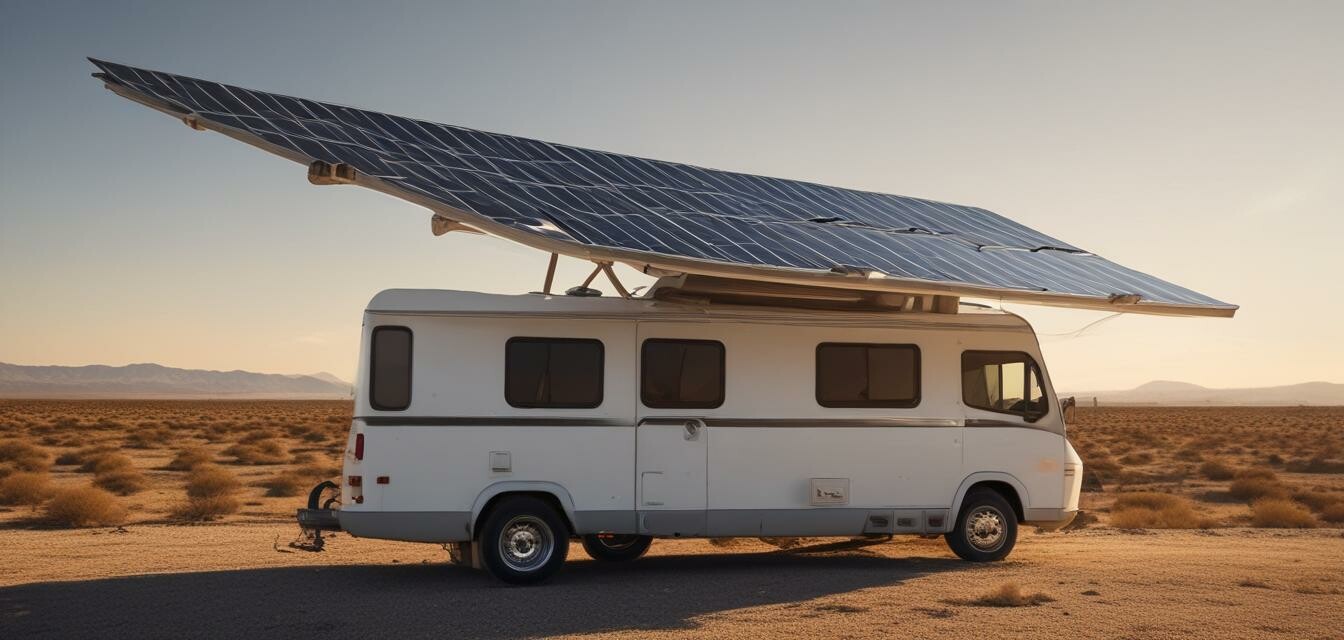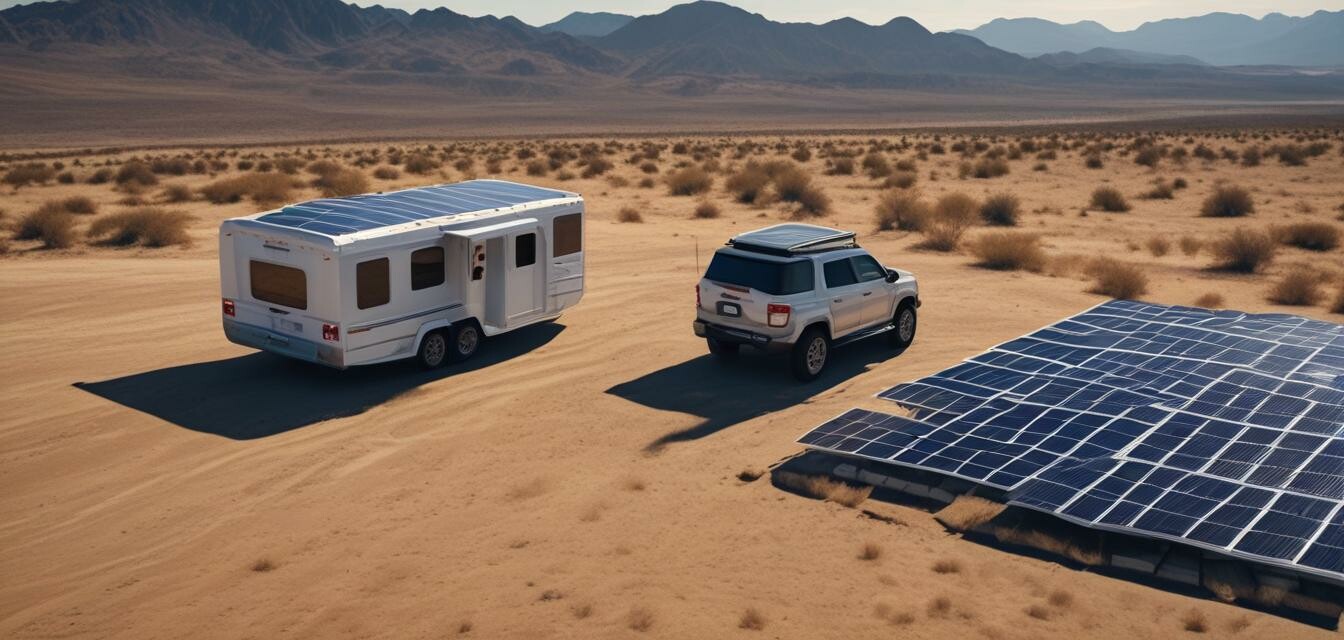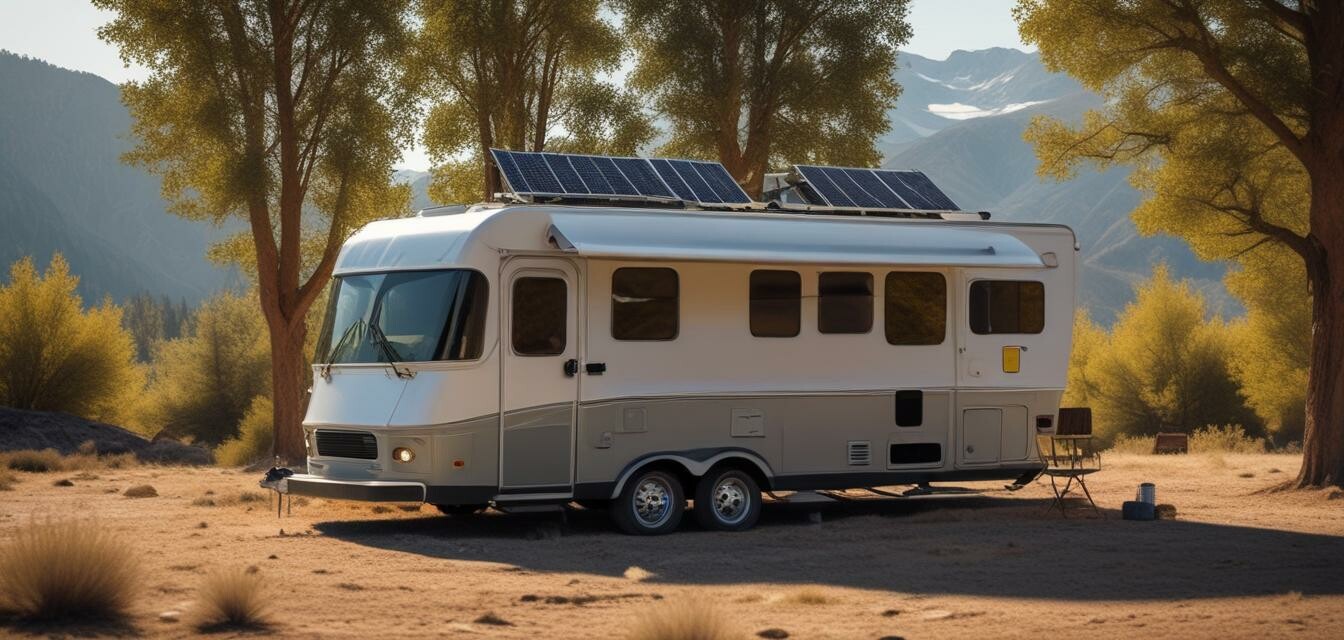
Maintenance and troubleshooting RV solar
Key Takeaways
- Regular maintenance is crucial for optimal performance of RV solar systems.
- Common issues include battery efficiency, wiring problems, and controller malfunctions.
- Understanding your system components will aid in troubleshooting.
- Utilizing proper cleaning and monitoring methods extends the lifespan of your solar kit.
Maintaining and troubleshooting an RV solar system is essential for ensuring energy independence during your travels. Understanding the various components, such as batteries, solar panels, and controllers, can help you quickly diagnose and fix problems that may arise. In this guide, we will explore essential maintenance tips and common troubleshooting techniques to keep your RV solar system running smoothly.
Understanding your RV solar system components
RV solar systems typically consist of several key components:
- Solar Panels: Convert sunlight into electricity.
- Charge Controllers: Regulate the voltage to prevent battery overcharging.
- Batteries: Store the electricity for later use.
- Inverters: Convert stored DC power into AC power for household appliances.
1. Solar Panels
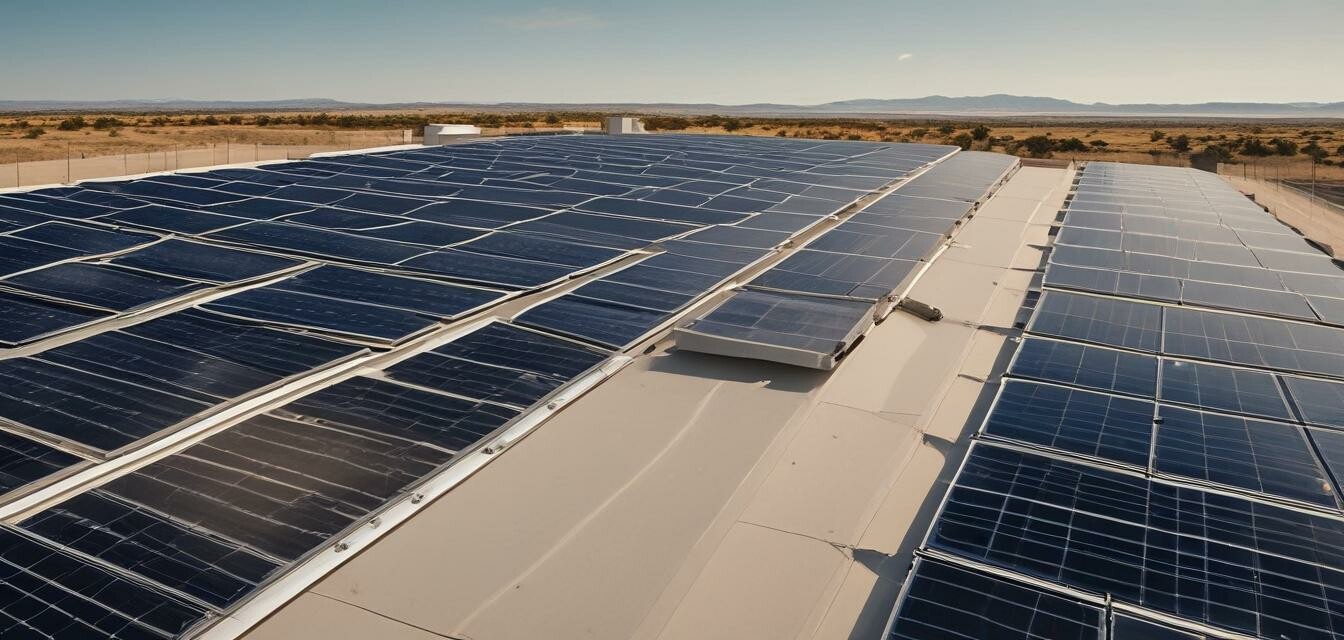
Solar panels require minimal maintenance, but they should be regularly cleaned to ensure maximum efficiency. Dust, dirt, and debris can accumulate, blocking sunlight and reducing energy production.
Maintenance tips for solar panels
Beginner's Tips
- Use a soft cloth or sponge with mild soap and water to clean solar panels.
- Avoid using harsh chemicals that can damage the surface of the panels.
- Inspect panels regularly for damage, such as cracks or corrosion.
2. Charge Controllers
Charge controllers help manage power going in and out of the batteries, preventing overcharging. A faulty charge controller can lead to battery damage and reduced performance.
Checking your charge controller
To keep your charge controller functioning effectively, check the following:
- Ensure the settings are correct for your specific solar panel and battery type.
- Regularly inspect for loose or corroded connections.
- Keep the controller clean from dust and moisture.
3. Batteries
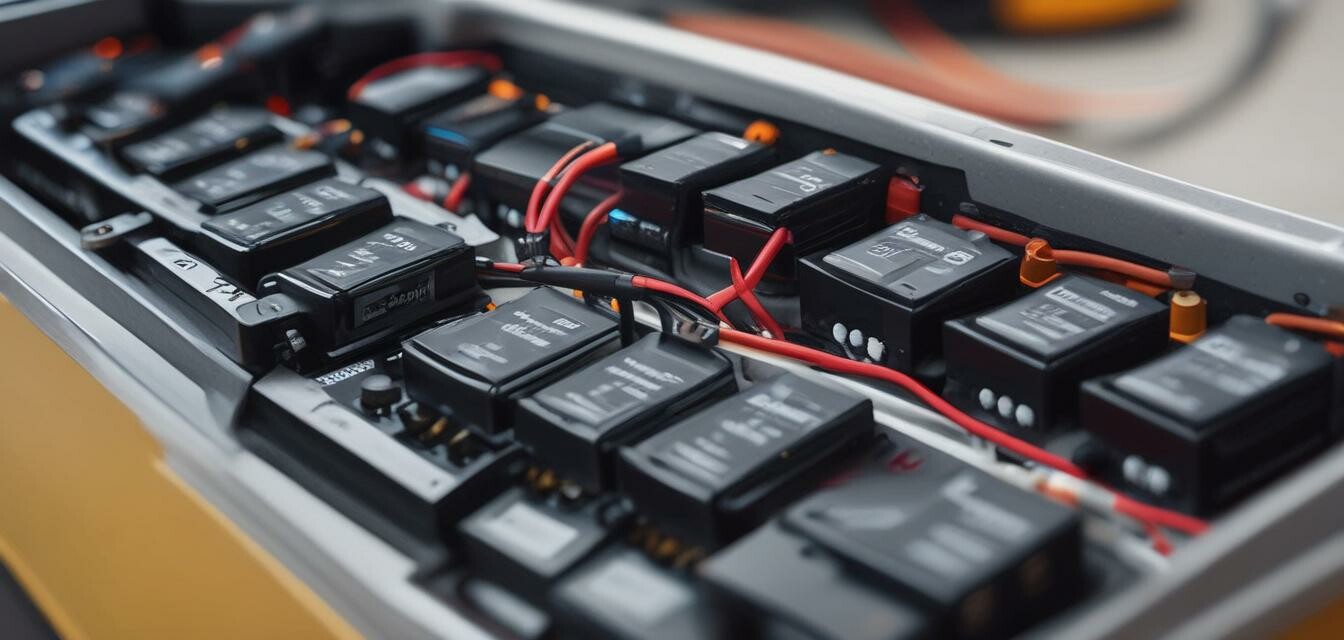
The battery stores energy generated from the solar panels, and its condition directly impacts your system's overall performance. Regular monitoring and maintenance are essential.
Maintaining your RV battery
| Maintenance Task | Frequency | Notes |
|---|---|---|
| Check water levels | Monthly | Use distilled water as needed. |
| Inspect for corrosion | Monthly | Clean terminals with a baking soda solution. |
| Test battery voltage | Quarterly | Ensure voltage remains above 12.4 volts. |
Troubleshooting common issues
Common issues with RV solar systems can typically be resolved with some basic troubleshooting steps. Here are some frequent problems and their solutions:
1. Low battery voltage
If your batteries are not charging properly, check these:
- Ensure solar panels are clean and unobstructed.
- Verify that the charge controller is functioning.
- Look for loose or damaged wiring connections.
2. Flickering lights
If your RV lights are flickering, this could indicate an issue with your inverter:
- Check the inverter performance and connections.
- Make sure the battery is adequately charged.
- Inspect for overload on the inverter system.
3. Solar panel output issues
If solar panels are not producing the expected output:
- Ensure an unobstructed view to the sun.
- Check for damage on the panels.
- Confirm the wiring connections are secure.
Helpful resources
For more information and resources, take a look at some of our other articles:
- Complete solar systems
- Battery systems for RV solar
- Inverters for RVs
- Mounting kits and accessories
- Portable solar panels
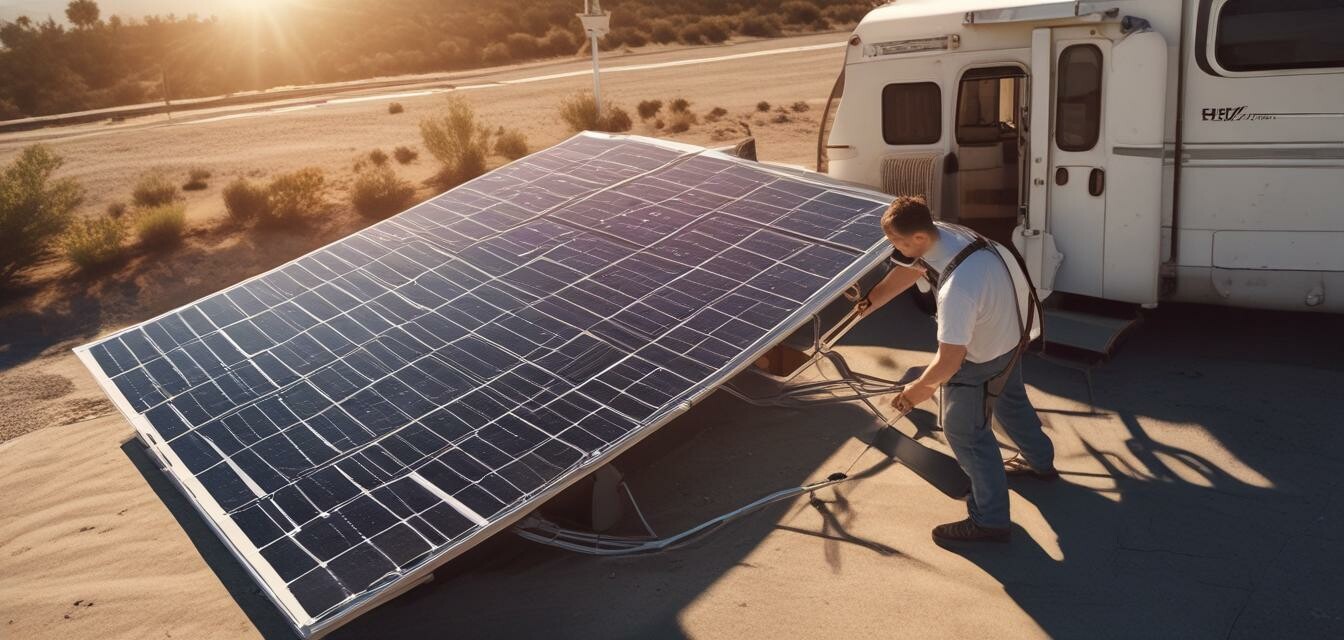
Conclusion
Maintaining and troubleshooting your RV solar system can seem daunting, but with regular checkups and proper care, you can ensure your system operates optimally. Always prioritize cleaning solar panels, checking connections, and monitoring battery levels to prevent any major problems. With these best practices, you can enjoy long-lasting energy independence on your RV adventures.
Pros
- Enhances energy independence while traveling
- Environmentally friendly power source
- Low maintenance once properly set up
Cons
- High initial investment costs
- Space limitations on RV roofs
- Requires regular attention for optimal performance
